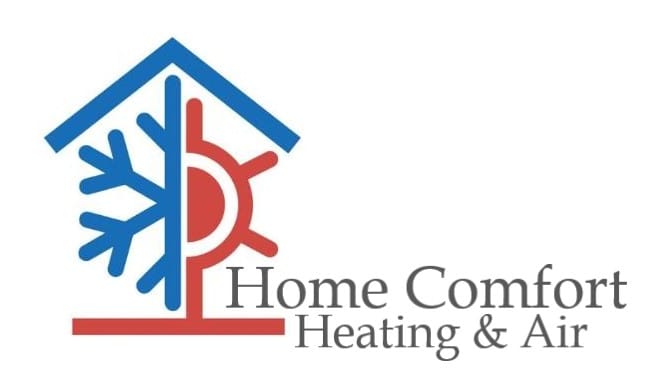Buying your first home is an exhilarating experience. You’re likely trying to keep track of a dozen things or more about making the right choice. We believe that gaining insight into your potential new HVAC system is crucial. The property’s HVAC system represents a substantial investment and potential source of long-term costs, which is why due diligence is important for first-time homebuyers.
In this guide, we’ll outline seven tips for learning everything you can about a home’s heating and cooling system. And if you want a more in-depth opinion from the experts, feel free to call Home Comfort Heating & Air. Our seasoned technicians can weigh in on your options with industry insights you won’t find elsewhere.
1. Which Kind of HVAC System Does the Home Use?
Start by identifying what kind of HVAC system the home has. Furnaces generally last longer compared to air conditioners, and relatively new types of HVAC equipment like heat pumps feature average life spans that are impressively long. Knowing the make and specific model provides a clear idea of how much routine maintenance it might need.
2. What Is the Current System’s Age?
Another good idea is to find out how old the HVAC system is when you’re considering a potential new home. In general, HVAC systems should survive for around 10-12 years. Knowing when it was installed helps you prepare for any needed servicing or when it might eventually stop working. Older systems are at a higher risk of problems, so planning ahead of time for a replacement unit might be needed faster than expected.
3. Is the Warranty Still in Effect?
Be sure to check the HVAC system is covered by a warranty. If it is, this can lower maintenance expenses. HVAC warranties often cover parts and labor, but the details in each policy will vary. Don’t forget to look into any terms that seem confusing to make sure you fully understand your coverage and any possible out-of-pocket costs.
4. Does the System Have a Documented Maintenance History?
Take a close look at the maintenance history of the HVAC system, if such information is available. This kind of information can demonstrate if there have been regular problems or how much upkeep was provided. You should at least try to track down a history of key tasks like filter changes, which can indicate it received regularly scheduled tune-ups.
5. What Are the Energy Efficiency Ratings?
Purchasing a home with a heating and cooling system with great energy efficiency isn’t just smart; it leads to smaller utility bills and a smaller environmental impact. Try and find the seasonal energy efficiency ratio (SEER) ratings for air conditioning as well as the annual fuel utilization efficiency (AFUE) for furnaces. High SEER ratings mean more efficient cooling throughout the season, while high AFUE ratings illustrate that the fuel is efficiently converted into useable heat.
6. Did You See Any Problems After Your Own Inspection?
Even without heating and cooling expertise, you should still check out the HVAC system yourself. Keep an eye out for potential issues that haven’t been mentioned by the seller. This might consist of odd sounds, unequal airflow and attempts to cover up any serious damage.
7. Have You Asked Your Local HVAC Professional?
If you’re not quite sure about the current state of the HVAC system, it’s beneficial to get a professional opinion from experienced HVAC professionals. They will be much more likely to catch things you may not know about, such as refrigerant leaks, wiring issues or inefficient ductwork.
A Chat with Home Comfort Heating & Air Helps Take the Stress Out of Your Home-Buying Journey
Choosing your first home should be thrilling, and Home Comfort Heating & Air will do everything possible to ensure that doesn’t change. Reach out with us at 763-276-0617. We can talk about how our HVAC services ease your mind, giving you what you need to dive into home-ownership with confidence.

